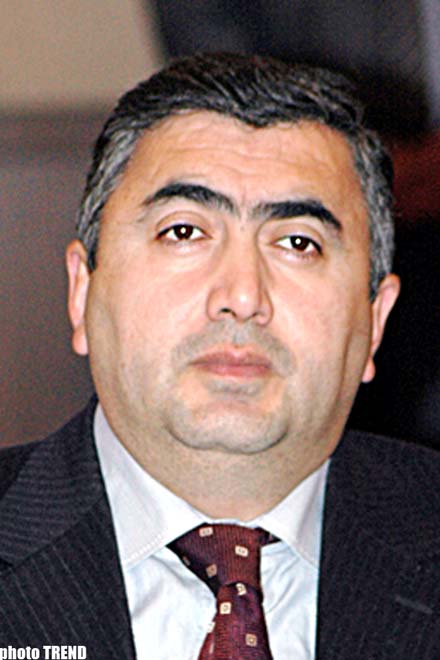Azerbaijan, Baku / Trend corr A. Ismaylova / Azerbaijani Transport Ministry considered the expenses of the project on the opening of a high-speed railway service linking Baku with the Georgian border, which was proposed by the Korean Railway Service, to be primarily caused by the purchase of land, Azerbaijani Deputy Transport Minister, Musa Panahov , stated.
The first version of the project provides for $2.7bln of investments. The second part provides for $3.5bln of the funds. The third (speed up to 160 km per hour) - $4.3bln.
"Seventy percent of the cost for such a project in Korea is intended only for the purchase of lands. It is not ruled out that the high costs of the project are estimated on the base prices in Korea, nor in Azerbaijan," the deputy minister said.
According to Panahov , except on the prices for land, the prices for man power in Azerbaijan and Korea are not equal.
The Ministry of Transport is still studying the Korean project on the launching of a high-speed train to link Baku with the Georgian border. However it goes beyond the proposals of just one company.
According to Panahov , the project can be implemented after 2010. The project will be implemented within seven years (two years for designing and five for the construction). An analogue project on a high-speed train linking Baku with the Russian border can be implemented at a later period. The project is planned to be implemented at the expense of state investments, as well as private banks and companies.
According to the data provided by Korean experts, at present the speed of the Azerbaijani railway service does not exceed 80km per hour due to worn roadway, hauling equipment and carriage fleet, signalling and communications systems.
The experts suggested there to be three versions of implementation of the project - acceleration up to 100 km per hour, 150 km per hour, and 160 km per hour.






